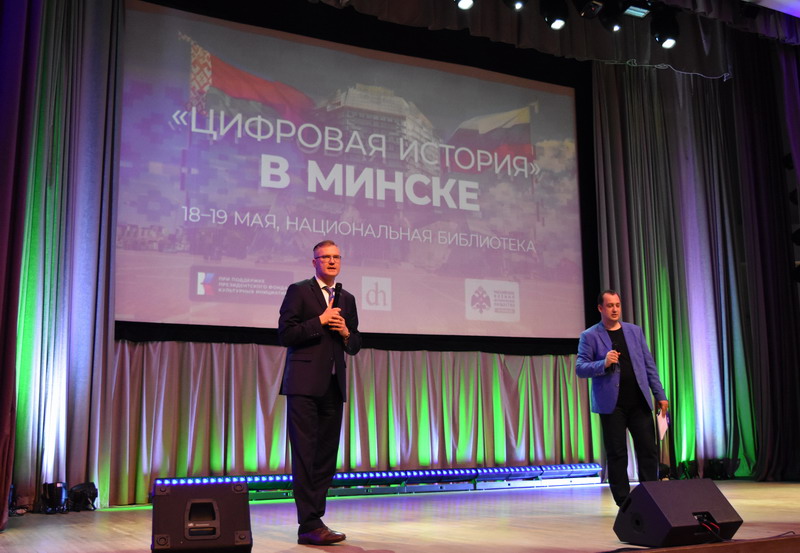From 30 September to 18 November, a thematic exhibition “Elderly people: problem solving and opportunities” timed to the International Day of Older Persons runs in the Documents of international organizations reading room (auditorium 207g).
This Day was proclaimed at the 45th session of the UN General Assembly (resolution 45/106) on 14 December, 1990, and is observed annually on 1st October.
The purpose of this Day is to attract the public attention to the problems of elderly people, the questions of demographic ageing of society, and also to an opportunity of the improvement of aged people’s quality of life and their involving to a public, economic, cultural and spiritual life of society.
For last decades the structure of the world population has considerably changed. According to the United Nations, from 1950 to 2010 the life expectancy on a worldwide scale has increased from 46 up to 68 years, and according to forecasts it may reach 81 years by the end of this century. At present in the world there are almost 700 million people at the age of 60 and older. By 2050 the number of people of this age will reach two billions, that will made more than 20 percent of the world population, and for the first time for all the history of mankind there will be more senior citizens than children on the Earth. According to scientists’ forecasts, in 2150 elderly people may make the third part of the world population.
A rapid ageing of population and a constant increase in life expectancy all over the world have posed new problems to the international community. As a result, new plans, strategies and programs on the elimination of social barriers and the protection of old persons’ rights and dignities have been adopted. In 1982, the first World Assembly on Ageing was held in Vienne, and the International Plan of Action on Ageing was adopted. In 1991, the UN General Assembly adopted the United Nations Principles for Older Persons (resolution 46/91) in which the older persons’ rights to independence, involvement, care, realization of internal potential and dignity were set out. The global targets in the field of ageing for 2001 adopted in 1992, along with the Declaration of the Rights of Older People of 1992, have even more deepened the understanding of basic requirements for the maintenance of older persons’ well-being.
In 2002, the Second World Assembly on Ageing was held in Madrid where the Political Declaration was adopted and the International Plan of Action on Ageing was reviewed and approved. Having adopted the Political Declaration, the member states confirmed their adherence to the encouragement and protection of human rights and called upon to eradicate discrimination, disregard and abuse of elder people. The Madrid International Plan of Action stipulated new measures in the field of older people’s employment, increase in their incomes and improvement of health services, education and social security, as well as their involvement in all decision-making processes. The Madrid Plan became a guiding principle for the development of strategies and programs at national and regional levels.
The offered thematic exhibition’s aim is to draw attention to issues of aged people, their individual and social needs, and to improve the knowledge on the problem of demographic ageing of society.
The exhibition includes the following thematic sections:
- International documents on the rights and basic freedom of older people.
- The involvement of aged people in an economic, political and social life of society.
- Medical aid, support and social protection of older persons.
- Demographic ageing of society: statistics.
- Aged people in the Republic of Belarus.
The exposition includes about 70 documents of international organizations (UN, UNESCO, the European Union, the Council of Europe etc) in Russian and English: books, periodicals, the United Nations’ mimeographed documents.
The exhibition is designed for sociologists, representatives of governmental organs, social workers, university professors and students, and also for everyone who is interested in social and demographic problems.
Useful links
- The International Day of Older Persons
- Ageing
- The International Institute on Ageing
- The United Nations Fund for Population
Documents
- The resolution of the UN General Assembly (A/RES/45/106)
- Additional resolutions of the UN General Assembly
- Reports of the Secretary General “Follow-up to the World Assembly on Ageing”
- ECOSOC declarations
Declarations and other instruments
- The Political Declaration and the Madrid International Plan of Action on Ageing (2002)
- The Declaration of the Rights of Older People (1992)
- The United Nations Principles for Older Persons (1991)
- The International (Vienna) Plan of Action on Ageing (1982)
Additional documents
- Report of the Secretary-General “Modalities of the second review and appraisal of the Madrid International Plan of Action on Ageing, 2002” (E/CN.5/2011/7)
- Major developments in the area of ageing since the Second World Assembly on Ageing (E/CN.5/2007/7)
- ECOSOC: Modalities for the review and appraisal of the Madrid International Plan of Action on Ageing
 |
 |
 |
 |










